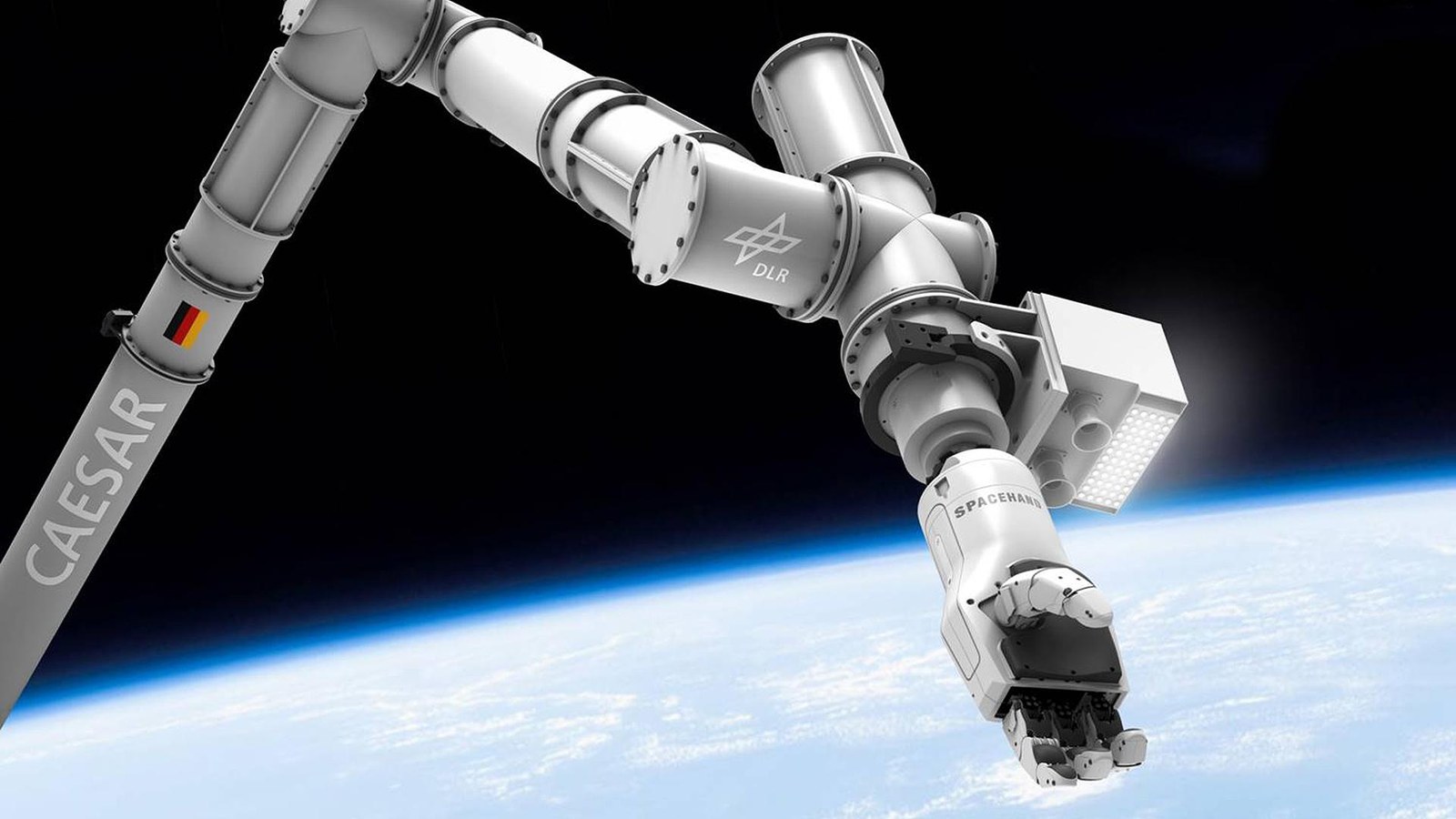Robotics

Robotic systems are an indispensable part of many space activities. DLR's robotics research and development focuses on robotic assistance systems for use in space, on-orbit servicing and planetary exploration robotics.
Robotic systems will be used for the maintenance, installation and adaptation of satellites, future space stations and for the capture and orderly disposal of large items of space debris. The systems, such as highly complex arm/hand systems, perception, control and planning algorithms, and intuitive and efficient human-robot interfaces, are being developed and deployed within the framework of DLR’s robotics research.
Since robots are universal machines, the same systems and technologies are also the basis for robotic assistance systems. Their reliable use will contribute significantly to the carrying out of demanding future crewed space missions in near-Earth orbit, or missions to the Moon or Mars.
In addition to manned missions, autonomous robotic systems will increasingly be used for international planetary science missions. For uncrewed in-situ exploration, particular importance is attached by DLR to the scalability and modularisation of the subsystems. This enables the greatest possible flexibility with regard to possible target missions and the variety of tasks that can be performed by the system.
The mutual technology transfer between applications in space and on Earth is one of the main strengths of all stages of robotics research at DLR.
